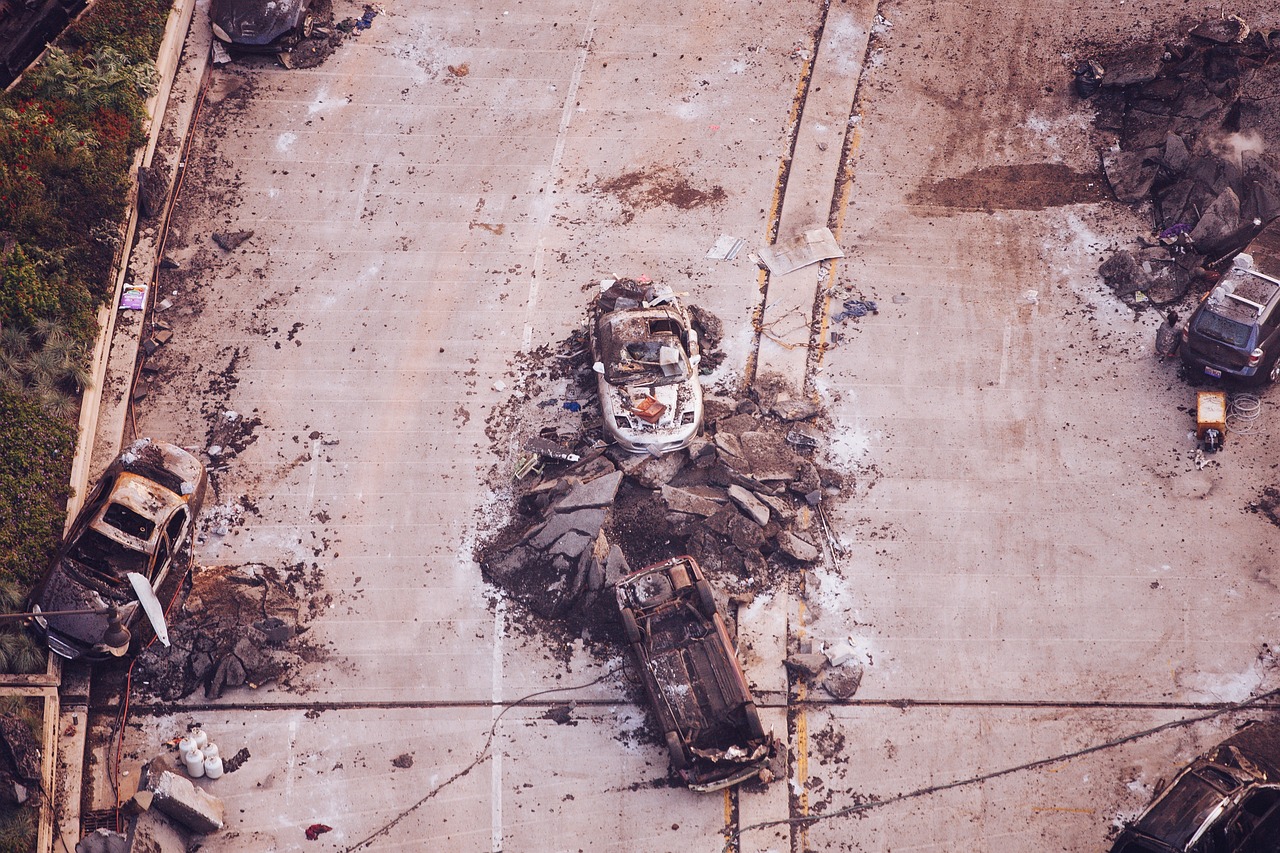
Terrorism seeks to impose fear in society.
Terrorism is domination through terror , a control sought through violent acts whose purpose is to instill fear. Terrorism, therefore, seeks to coerce and pressure governments or society in general to impose its claims and proclamations.
Terrorism can be carried out by different types of social or political organizations, both right and left. These types of actions can even be carried out by poorly structured groups. The political violence of terrorism occupies a different level than the context of a war . For this reason, fighting terrorism and prosecuting terrorists are very difficult tasks for a government.
About terrorism
The definition of the concept is not precise and can vary according to the interests of the person who pronounces it. It is common for a politician to accuse an opponent of being a terrorist for the simple fact of not agreeing with his ideas. The terrorist, on the other hand, usually denies his condition, maintaining that the use of violence is legitimate defense.
In Argentina , the military dictatorship that took power in 1976 accused anyone who “spread ideas contrary to Western and Christian civilization” of terrorism. Such a rigid and ambiguous position at the same time put anyone opposed to the regime on the side of the terrorists, including numerous peaceful organizations.

Terrorism is based on the use of violence.
After 9/11
Following the terrorist attacks of September 11, 2001 , the US government expanded its definition of terrorism to include numerous opponents. In the case of its invasion of Iraq , for example, the resistance is accused of terrorism by some sectors and legitimized by others. In addition, attention to terrorist attacks has increased, as the fear instilled in the North American population quickly spread to the rest of the planet.
Since then, the number of attacks of considerable impact that took place in different parts of the world has exceeded fifty, leaving car bombs in Spain , Iraq , Mexico , Israel and Afghanistan out of the count. For the most part, these acts of terrorism have been attributed to jihadist groups (within political Islam, the most aggressive and radical) or to Al-Qaeda , and have targeted various cities in various countries.
Terrorism and religion
The Chechen terrorist confrontation should not be overlooked either, a struggle that seeks to recover its territory from the invasion by the Russians. Although there are many conflicts of a political nature, religion always seems to occupy a leading place in these unfortunate events, and that fuels the terrorists' foundations to exercise violence.
Terrorism cannot be understood; It occurs when the human being crosses the line of reason, of compassion for others, when he believes that his cause is more valuable than the life of others. Entire towns are plagued by forms of violence that defy the imagination of the most perverse minds and they do not even receive an explanation for such abuse of their rights and freedoms , so that their existence is irreparably torn apart by the loss of their loved ones, their houses, of their hope.
Examples of terrorist attacks
Below are two of the most horrific acts of recent decades:
- On March 11, 2004 , Al-Qaeda attacked 4 trains in Madrid with backpack bombs , in an attempt to change the government and get Spanish troops to withdraw from countries of interest. 191 people died and 1,858 were seriously injured;
- On 7 July 2005 , a bus and several London Underground lines suffered a backpack bomb attack by a local Al-Qaeda cell, which sought to collect money for Britain 's involvement in the 2003 invasion of Iraqi territory. . The direct consequences: 56 dead and more than 90 injured.
